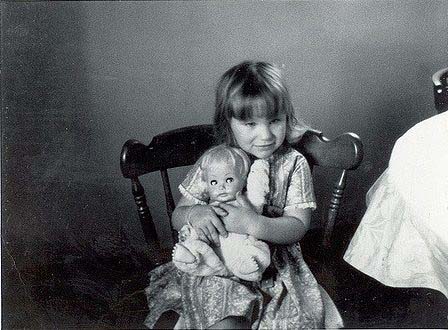How to Feel Safe: Finding a Sense of Psychological Home

We human beings are fundamentally occupied with the question of how to feel safe. This is about as crucial as any question in human life can get.

The anxiety that so many experience is a clear manifestation of this question. Even if the question never reaches conscious awareness, there are important parts of the unconscious human mind-brain that are always evaluating the question of the safety of our own being.
Physical Safety
Large parts of the brain, related to both the conscious and unconscious mind focus on preserving our sense of physical safety. Evolution has wisely provided higher mammals like humans with very good, very powerful safety mechanisms that have kept us out of trouble for millions of years. Instinctually, we humans have a wisdom about how to keep ourselves alive and healthy.
Issues of Trauma
Yet, an individual’s sense of physical or emotional safety can be deeply compromised. The individual may experience traumatic overwhelm in such a way that the question of how to feel physically and emotionally safe becomes vexing. You might automatically think of veterans returning from combat with PTSD, and you’d be right. Yet there are far, far more people who carry the scars of domestic violence, or emotionally insecure family environments; their traumatic experience doesn’t allow them to feel genuinely safe.
Such individuals may be subject to traumatic re-enactment where they re-live the emotional and physical impact of traumatic events over and over again, in different situations. Specialized techniques may be needed to enable the person to experience a reduction in the effects of trauma. And anything that helps the individual feel a sense of safety and control is essential.
Attachment
John Bowlby, the great psychiatric researcher who developed attachment theory, stressed that the ability that an individual possesses to form an emotional and physical “attachment” to another person gives the individual what he called a “secure base”. Such a safe connection with the other enables the person to feel a sense of stability and security that allows her or him to take risks, try new things and generally develop as a person. For Bowlby — and much of subsequent psychology — “how to feel safe” = “get yourself firmly and solidly connected to another person, who can be your ‘secure base'”. While attachment theory initially seemed to apply only to parent-child relationships, we now know that it applies to adult relationships, and also to relationship breakdown .
“Home”
The theory also applies to our attachment to place. A good part of the power of “home” as a symbol is connected to the sense of a particular place, home, which acts as secure base. We can feel safe and let our guard down “at home”, because it’s known, and won’t hurt us. Much great mythology, such as Homer’s Odyssey, or the Exodus as journey to the Promised Land in the Hebrew Bible emphasize the symbolism of home, and of the search for home as a symbolic representation of our lifelong attempt to finally and definitively answer the question of how to feel safe .

“Home” is often powerfully symbolic in our dreams, also. Our first “home” is the womb; it’s striking to realize how many of the first human homes created by indigenous people are womb-like. In the words of Jungians Ami Ronnberg and Kathleen Martin, “These correspond to, or contribute to something within, the experience of a vital center of both fixity and freedom, rest after striving, being fully oneself [italics mine].
We can look at the inner symbolization of home / house as at least in part an internalizing of our own “secure base”, an invitation to a secure and firm connection to our own inner being. In this way, as Prof. Andrew Samuels asserts, home symbolizes connection to your own fundamental inner being, which Jungians refer to as the Self.
An Abiding Inner Sense of Safety
Depth case studies can be of vital importance in assisting individuals to find the answer to how to feel safe. This can come through helping the individual to find secure attachment in outer relationships, and, ultimately through a sense of inner unity and connection to the Self.
Brian Collinson, Registered Psychotherapist & Jungian Psychoanalyst
[cta]
